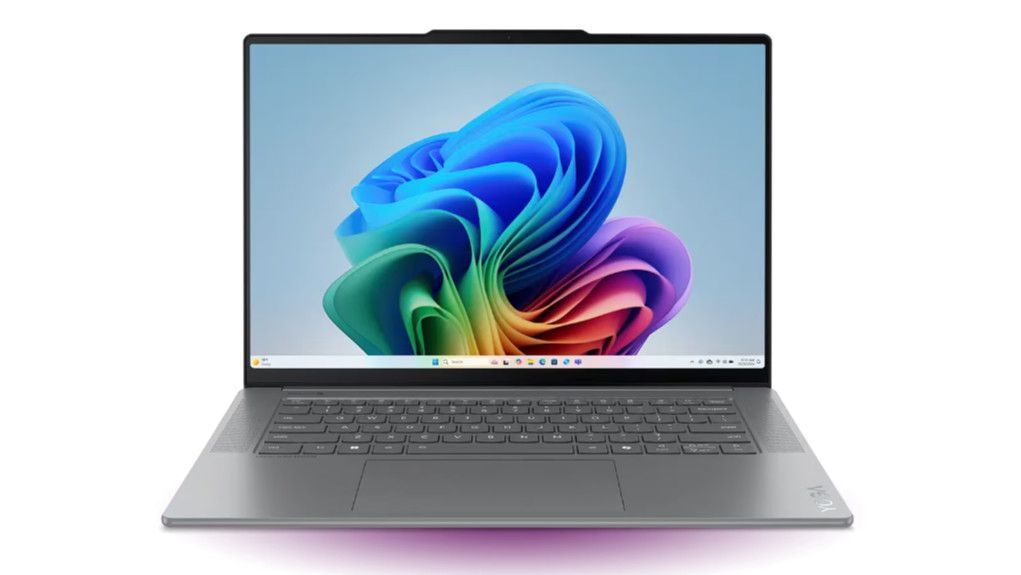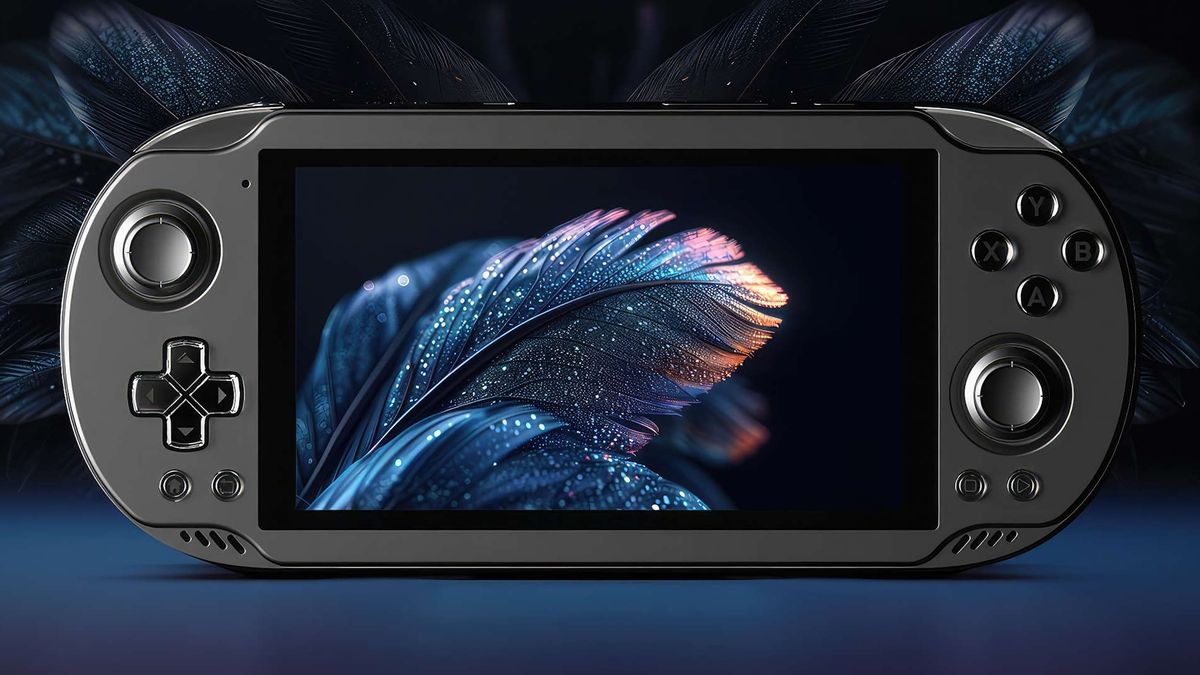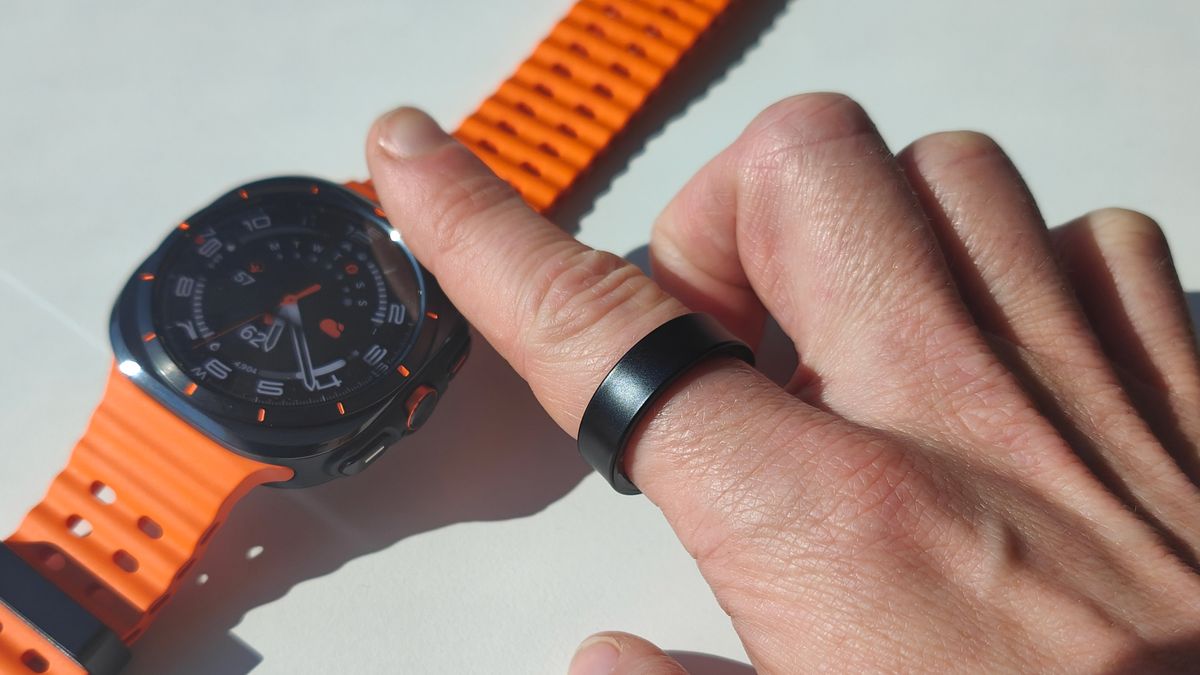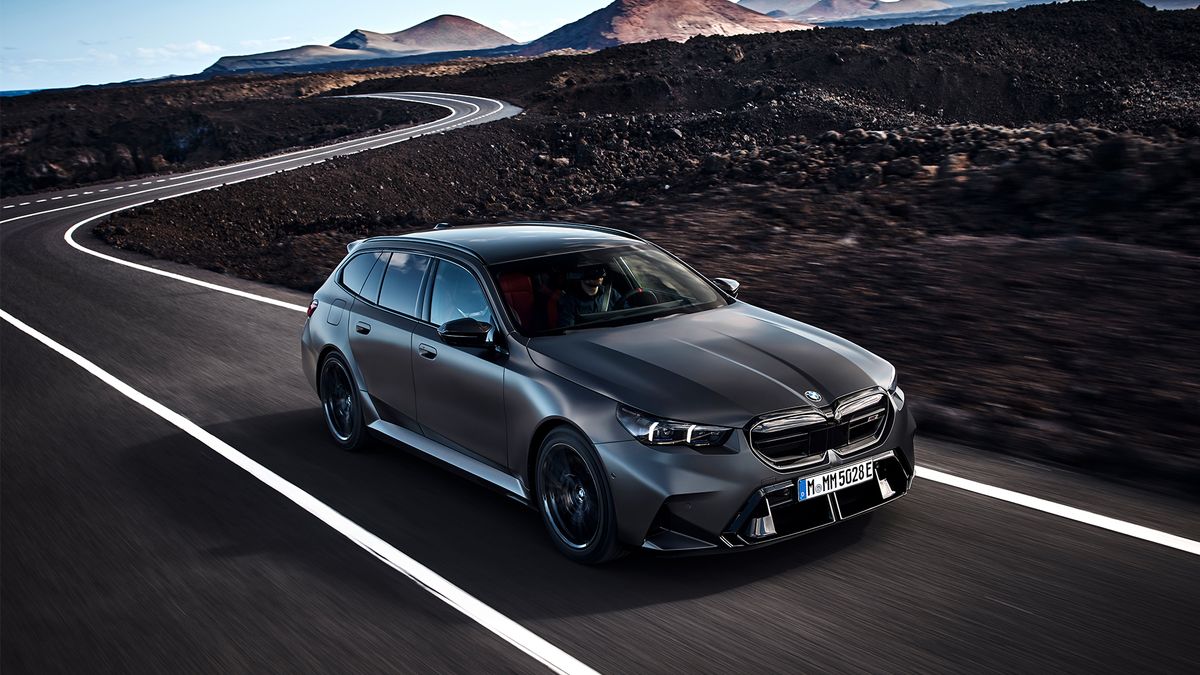Intel's Lunar Lake processors will actually deliver on their promise when it comes to battery life, according to new information from Lenovo.
Tom's Hardware noted that Lenovo has apparently broken an NDA and published battery life figures for one of its new Yoga laptops with a Core Ultra 200V (Lunar Lake) CPU, and they're nothing short of astonishing.
If the claims are correct (and as always, take any internal benchmark with a grain of salt), the Lenovo Yoga Slim 7i Aura Edition is capable of playing back nearly 24 hours of video (with a 1080p H.264 video clip running at 24 FPS).
The laptop is powered by one of Intel's Core Ultra 7 258V processors, demonstrating the efficiency of this second-tier Lunar Lake model.
Interestingly, Lenovo also provided comparative battery life results for Apple MacBook laptops with M2 and M3 silicon, and the Yoga Slim 7i outperformed both by more than five hours (the M3 MacBook lasted 18 hours and 32 minutes, and the M2 laptop 18 hours and 19 minutes).
We're told that brightness was uniform, with Wi-Fi and keyboard backlighting disabled (and sound muted) in this test. Check out Lenovo's demonstration for yourself in the YouTube video below (which is still live at the time of writing, though it may not be).
View in
Analysis: Apple and Qualcomm's lunar eclipse?
Intel has said it’s focused heavily on efficiency with Lunar Lake, and this seems to largely back that up. The comparison to MacBooks shows that Lunar Lake, a traditional x86 processor, can outperform Apple’s Arm-based chips, and quite comfortably, plus Arm silicon is famously resilient when it comes to laptop battery life.
Tom's also reminds us that this battery test isn't even the most robust we've seen a laptop manufacturer announce for a Lunar Lake laptop. There are claims of over 26 hours elsewhere, and Asus has boasted battery life of up to 29 hours at the more surprising end of the estimates here.
Do we have a new champion CPU to power the best Lunar Lake thin and light laptops? It seems so, and Apple, as well as Qualcomm with its Arm-based Snapdragon X SoCs for Windows 11 laptops, should be worried about how it looks.
The other question is how much performance has been sacrificed for better power efficiency with Intel’s new mobile CPUs, but from what we’ve seen recently at IFA, the compromise seems more than acceptable in this regard. Let’s not forget that Lunar Lake also has some very interesting hidden tricks, one of which will delight gamers and creatives, and the chips offer enough power on the AI front to qualify for Copilot+ PCs.
Ultimately, we’ll have to try out Lunar Lake machines ourselves to find out the full picture and how performance and battery life actually balance out, but it won’t be long before that happens. The first laptops with Lunar Lake CPUs will go on sale next week, on September 24, though it’s likely to be a modest trickle of releases at first, if past history is anything to go by.









